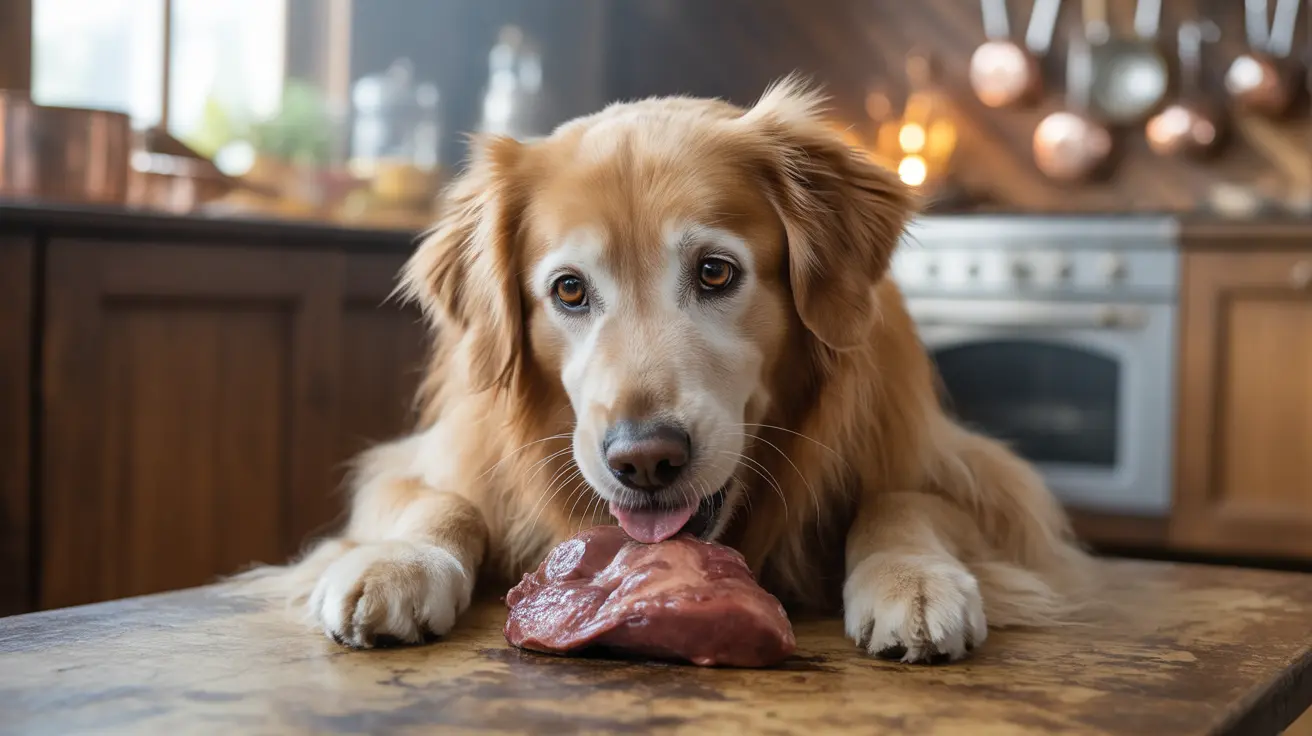Many pet owners wonder about adding chicken liver to their dog's diet, especially when dealing with picky eaters. As a nutrient-dense organ meat, chicken liver can indeed be an excellent addition to your dog's meal plan when properly prepared and portioned. This comprehensive guide will explore the benefits, risks, and best practices for feeding chicken liver to your canine companion.
Understanding the role of chicken liver in your dog's diet is crucial for making informed decisions about their nutrition. Let's dive into everything you need to know about this protein-rich organ meat and how it can contribute to your dog's overall health and wellbeing.
The Nutritional Power of Chicken Liver
Chicken liver is a nutritional powerhouse for dogs, packed with essential vitamins and minerals. It contains high-quality protein while being relatively low in fat compared to muscle meats. A 100-gram serving provides approximately 167 calories and 26 grams of protein, making it an excellent source of lean protein for your pet.
Key nutrients found in chicken liver include:
- Vitamin A for vision and immune health
- B vitamins for energy metabolism
- Iron for healthy blood formation
- Omega-3 fatty acids for skin and coat health
- Choline for brain development
Health Benefits of Feeding Chicken Liver to Dogs
When incorporated properly into your dog's diet, chicken liver offers numerous health advantages:
- Supports liver function and overall organ health
- Helps prevent and treat anemia through high iron content
- Promotes healthy cell repair and growth
- Enhances immune system function
- Contributes to proper brain development
- Maintains healthy skin and coat condition
Safe Feeding Guidelines and Preparation
To safely include chicken liver in your dog's diet, follow these essential guidelines:
- Always cook chicken liver thoroughly to eliminate harmful bacteria
- Cut into small, manageable pieces appropriate for your dog's size
- Limit liver to 5-10% of your dog's daily food intake
- Start with small amounts to prevent digestive upset
- Store properly in the refrigerator or freezer
Potential Risks and Considerations
While chicken liver is beneficial, there are some important considerations to keep in mind:
- Excessive vitamin A intake can lead to toxicity
- Too much liver can cause digestive issues
- Some dogs may have allergies or sensitivities
- High fat content could contribute to weight gain if overfed
- Quality and sourcing matter for safety
Using Chicken Liver for Picky Eaters
For dogs who are selective about their food, chicken liver can be an excellent motivator. Mix small amounts with regular kibble to increase palatability and encourage eating. However, don't rely solely on liver to entice your dog to eat, as this could lead to unbalanced nutrition.
Frequently Asked Questions
Is chicken liver good for dogs and what are the health benefits it provides?
Yes, chicken liver is good for dogs when fed in moderation. It provides essential nutrients including protein, vitamin A, B vitamins, iron, and omega-3 fatty acids. These nutrients support immune health, vision, energy metabolism, and overall vitality.
How much chicken liver can I safely feed my dog without causing vitamin A toxicity?
Chicken liver should make up no more than 5-10% of your dog's daily food intake. For most dogs, this means 1-2 small pieces (about 1-2 ounces) several times per week, rather than daily feeding.
What is the best way to prepare chicken liver for dogs to avoid health risks?
Always cook chicken liver thoroughly to kill harmful bacteria. Boil or bake without adding seasonings, oils, or spices. Cut into appropriate-sized pieces for your dog's size to prevent choking.
Can feeding chicken liver cause allergies or digestive problems in dogs?
While rare, some dogs may be allergic to chicken liver or experience digestive upset. Introduce it gradually and watch for signs of allergies such as itching, vomiting, or diarrhea.
How does chicken liver compare to other types of liver like beef or lamb for dogs?
Chicken liver contains more vitamin A and D than beef liver but has slightly higher fat content. All types of liver are nutritious, but chicken liver is often more readily available and affordable.
Conclusion
Chicken liver can be a valuable addition to your dog's diet when properly prepared and portioned. Its rich nutrient profile makes it an excellent supplement to regular dog food, especially for picky eaters. Remember to introduce it gradually and maintain appropriate serving sizes to ensure your dog receives the benefits while avoiding potential risks.






